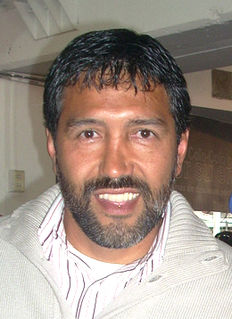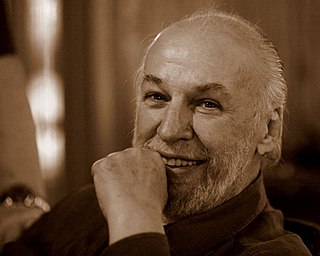A Quote by David Brooks
Through American history, we have had populist movements that often, often, often have this ugly racial element. But, often, there are warning signs of some deeper social and economic problem.
Related Quotes
My heroes and heroines are often unlikely people who are dragged into situations without meaning to become involved, or people with a past that has never quite left them. They are often isolated, introspective people, often confrontational or anarchic in some way, often damaged or secretly unhappy or incomplete.
I have the embarrassing thing where often if you're watching a film, you kind of go through the emotions and the thought stages that your character went through, but you sort of do it with Tourette's. So I end up often crying when I'm crying, and looking angry when I'm looking angry, so it's pretty ugly.
Conservatism, though a necessary element in any stable society, is not a social program; in its paternalistic, nationalistic and power adoring tendencies it is often closer to socialism than true liberalism; and with its traditionalistic, anti-intellectual, and often mystical propensities it will never, except in short periods of disillusionment, appeal to the young and all those others who believe that some changes are desirable if this world is to become a better place.
I realize that my opinion is my opinion, not everybody has to believe it and I never tried to shove anything down anyone's throat, but I was willing to take that to the trenches if you know what I mean. I took that opinion to the wall, often in public, often had to... I often had to fight in public with the very same people who I was trying to convince to play my records!


































